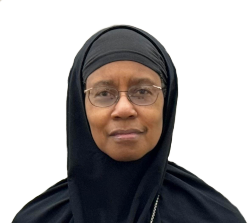A master’s degree program in pastoral counseling includes all subjects leading to mental health counselor licensure as well as subjects that prepare the counselor for ministry–—such as Old and New Testament, Theology, and Church History. Pastoral Counseling is understood as a ministry of the Church. Candidates are ordained clergy, those preparing for ordination, or those who have the endorsement of their bishop to serve the Church in this special calling. The pastoral counselor, like the chaplain, is trained to help people of any faith background. It is the clients’ choice how much, and in what way, their faith should be an element of the counseling.
A pastoral counselor is trained to help people develop better habits of relating to themselves, others, and God. The counselor is there to help them move out of the “stuck places” in their lives–—to move, change, and grow toward their spiritual potential.
People come to pastoral counselors for help with:
- Better understanding themselves, their lives, and their families
- Forming and maintaining healthy relationships
- Rising from depression
- Recovering from the betrayal, abuse, and neglect of childhood
- Finding more positive solutions when old solutions such as food, substances, and cutting, have become problematic
- Learning more positive ways of dealing with anger
- Dealing with loss and grief
- Exploring the meaning and power of forgiveness
- Discovering God’s purpose in their lives
The pastoral counselor is interested in how people’s life journey has affected their experience of faith and their relationship with religion. When these are painful, then paths for healing and reconciliation may be explored.
